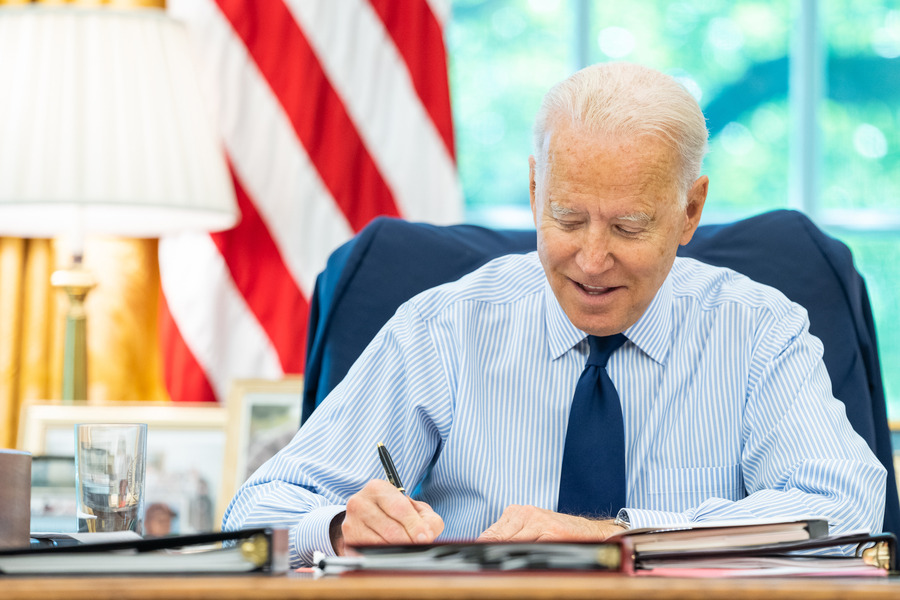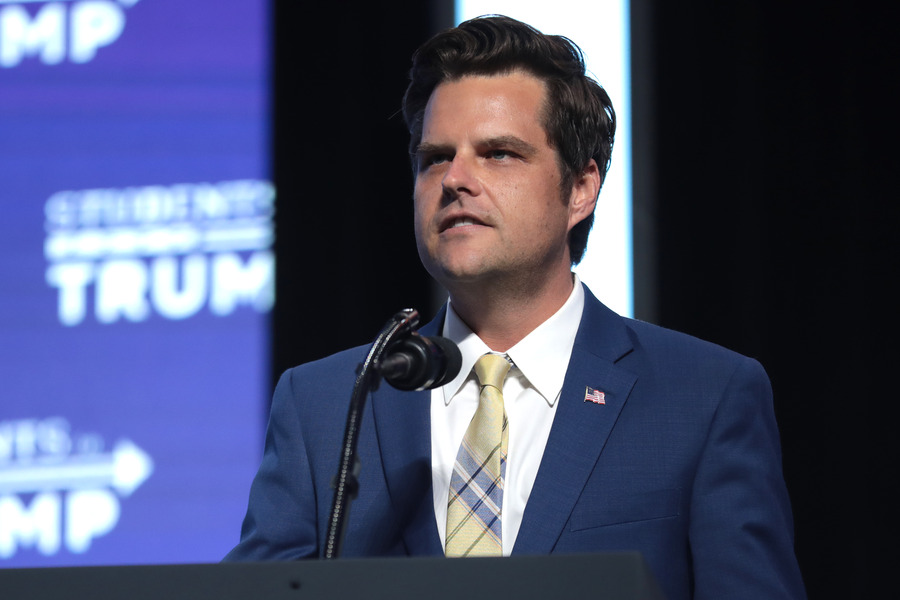Congress Cannot Shut Down: Limits of the Special Counsel
Today's news brings the unsurprising but depressing suggestion that Congressional investigations of the Russian efforts to influence our elections will just have to shut down, rather than risk interference with the new criminal investigation begun by Special Counsel Mueller.
Published by The Lawfare Institute
in Cooperation With

Today's news brings the unsurprising but depressing suggestion that Congressional investigations of the Russian efforts to influence our elections will just have to shut down, rather than risk interference with the new criminal investigation begun by Special Counsel Mueller. That sound you hear is the rush of air as Republican Senators gleefully duck a bullet that was aimed straight at their heads. As a predictive judgment, the sentiment is no doubt accurate—Congress will take any excuse to avoid responsibility. As a prescriptive assessment of what they should be doing, it is horribly wrong. And it is wrong for precisely the reason that the appointment of Mueller was right—because he is reportedly a man of great integrity, we can anticipate that he will defend norms of behavior in government by adhering to those same norms. In practice that means that his limited criminal investigation won't give the American public what it needs—a full understanding of what happened in the 2016 elections. Consider:
- One of the critical norms for DOJ (one that Comey is said to have transgressed) is the prohibition on commenting on cases where no indictment is returned. Imagine a scenario in which Mueller finds ethical and moral misconduct but thinks that no indictment can be returned. Perhaps the evidence is incomplete; perhaps one of the key witnesses has credibility issues; perhaps he can prove all of the acts but thinks he lacks proof of intent (which is critical in obstruction cases, for example). For whatever reason he sees no prosecutable case. In this circumstance we can expect Mueller to do exactly what he should—issue a brief statement announcing the end of his investigation and then quietly close up shop—no report, no summary of evidence, nothing. Unlike the old Independent Counsel law, there is no provision of law that lets a DOJ prosecutor issue a free-standing "report of what I found." [There is one exception to this rule—a rarely invoked idea of a "special grand jury."]
- Likewise, imagine that Mueller brings an indictment but it doesn't bear directly on Russian interference in our election. Say, hypothetically, that one of President Trump's confidants is indicted for his concealment of connections to a foreign nation (Flynn and Turkey maybe or even Manafort and Russia). Even here the direct evidence about Russia's role in our election and even hypothetical evidence of collusion might be outside the four corners of the indictment and, again, the American public would have no resolution. Indeed, the only likely way to get at this issue would be for an express collusion indictment (say one built around the apparent connection between Roger Stone and WikiLeaks, if it proves out). Only in that case would a full airing of Russia's interference be possible—and that seems a pretty far stretch from where we are today.
- Next, consider timing. Given how long it takes for large white collar cases to come to trial, if an indictment were returned TODAY, we might not see a trial of any of these matters before the next year, and probably not before the mid-term elections. And, of course, the indictments (if any) will not be returned today. I feel confident in predicting that no criminal trial of any sort (and thus no real public disclosure of the facts developed by the investigation) will take place in 2017 or 2018. We will face the elections next year without the benefit of Mueller's conclusions, no matter what.
- And, as an aside, as Charlie Savage has pointed out, as a creature of DOJ Mueller will feel himself duty bound to follow DOJ policy. The Office of Legal Counsel has an official view that a sitting President may not be indicted. I think that's probably wrong as a matter of law, but I am sure that Mueller will likely feel that he must follow the dictates of OLC. Imagine where that scenario might leave us.
Some in Congress say that the investigations must stand down because continuing will interfere with Mueller's examination. This is true. John Poindexter's conviction in the Iran-Contra affair was overturned precisely because he had been immunized by Congress and the evidence presented against him was determined to be derived from that immunized testimony. But I think Congress made the right decision back then. They placed a higher value on getting to the bottom of a troubling Executive action than they did on the value of individual justice.
All the more so today. It seems plausible that the very foundations of democratic decision making are being influenced from outside the nation. That may or may not be true to a greater or lesser degree than we see in the public today. I can't say because the information to make that judgement is not on the public record. But what I can say, unequivocally, is that it is far more important to the American body politic that these questions be answered than it is to pursue the individual criminal justice of examing the conduct of one or more individuals. However grave their offenses (and this, too, has yet to be established) their significance pales next to the pending questions of democratic governance.
Far from standing down, Congress needs to move ahead. It is what is right for all of us.





